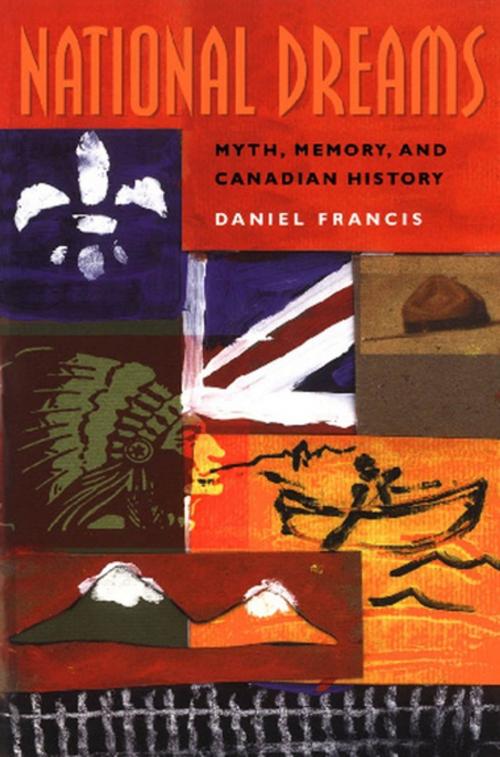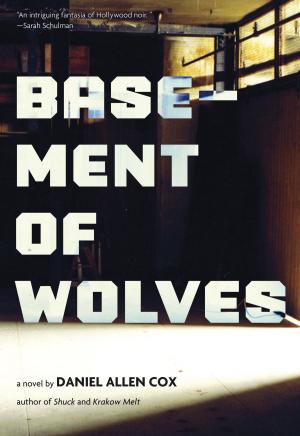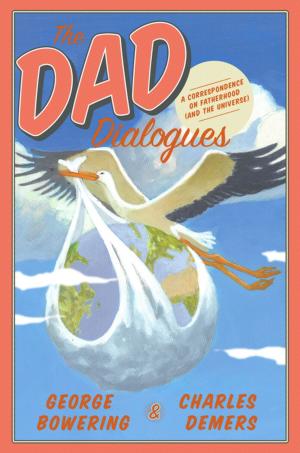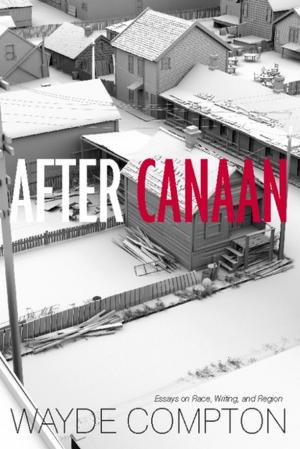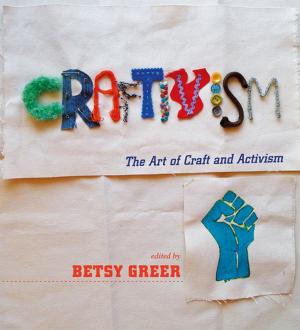| Author: | Daniel Francis | ISBN: | 9781551523309 |
| Publisher: | Arsenal Pulp Press | Publication: | July 1, 2002 |
| Imprint: | Arsenal Pulp Press | Language: | English |
| Author: | Daniel Francis |
| ISBN: | 9781551523309 |
| Publisher: | Arsenal Pulp Press |
| Publication: | July 1, 2002 |
| Imprint: | Arsenal Pulp Press |
| Language: | English |
As Canadians, we remember the stories told to us in high-school history class as condensed images of the past--the glorious Mountie, the fearsome Native, the Last Spike. National Dreams is an incisive study of the most persistent icons and stories in Canadian history, and how they inform our sense of national identity: the fundamental beliefs that we Canadians hold about ourselves. National Dreams is the story of our stories; the myths and truths of our collective past that we first learned in school, and which we carry throughout our adult lives as tangible evidence of what separates us from other nationalities. Francis examines various aspects of this national mythology, in which history is as much storytelling as fact. Textbooks were an important resource for Francis. "For me, these books are interesting not because they explain what actually happened to us, but because they explain what we think happened to us."
For example, Francis documents how the legend of the CPR as a country-sustaining, national affirming monolity was created by the company itself--a group of capitalists celebrating the privately-owned railway, albeit one which was generously supported with public land and cash--and reiterated by most historians ever since.
Similarly, we learn how the Mounties were transformed from historical police force to mythic heroes by a vast army of autobiographers, historians, novelists, and Hollywood filmmakers, with little attention paid to the true role of the force in such incidents as the Bolshevik rebellion, in which a secret conspiracy by the Government against its people was conducted through the RNWMP.
Also revealed in National Dreams are the stories surrounding the formation and celebration of Canadian heroes such as Louis Riel and Billy Bishop.
As Canadians, we remember the stories told to us in high-school history class as condensed images of the past--the glorious Mountie, the fearsome Native, the Last Spike. National Dreams is an incisive study of the most persistent icons and stories in Canadian history, and how they inform our sense of national identity: the fundamental beliefs that we Canadians hold about ourselves. National Dreams is the story of our stories; the myths and truths of our collective past that we first learned in school, and which we carry throughout our adult lives as tangible evidence of what separates us from other nationalities. Francis examines various aspects of this national mythology, in which history is as much storytelling as fact. Textbooks were an important resource for Francis. "For me, these books are interesting not because they explain what actually happened to us, but because they explain what we think happened to us."
For example, Francis documents how the legend of the CPR as a country-sustaining, national affirming monolity was created by the company itself--a group of capitalists celebrating the privately-owned railway, albeit one which was generously supported with public land and cash--and reiterated by most historians ever since.
Similarly, we learn how the Mounties were transformed from historical police force to mythic heroes by a vast army of autobiographers, historians, novelists, and Hollywood filmmakers, with little attention paid to the true role of the force in such incidents as the Bolshevik rebellion, in which a secret conspiracy by the Government against its people was conducted through the RNWMP.
Also revealed in National Dreams are the stories surrounding the formation and celebration of Canadian heroes such as Louis Riel and Billy Bishop.
